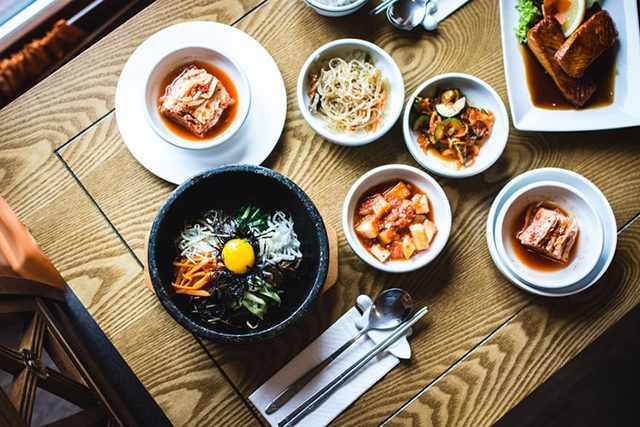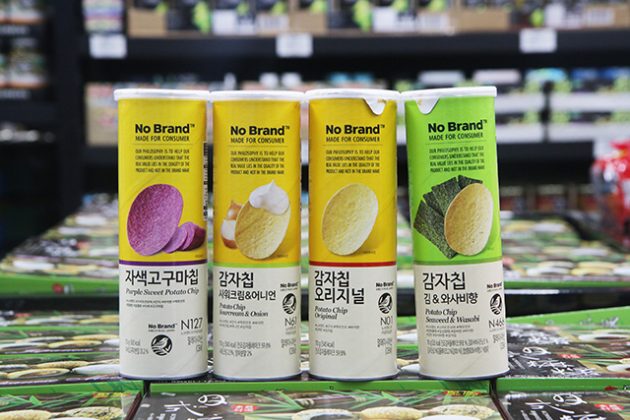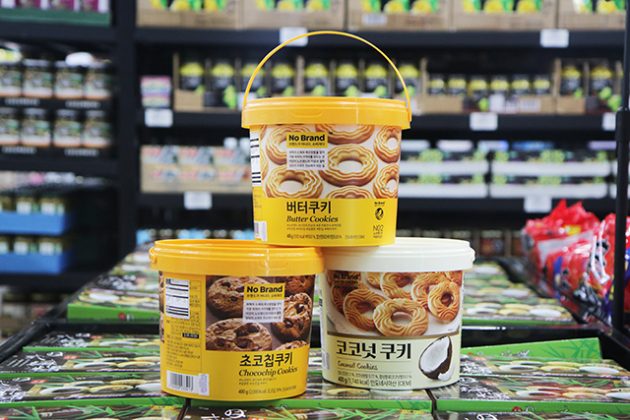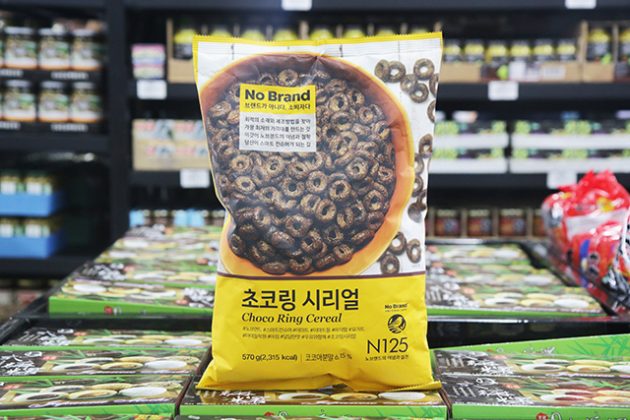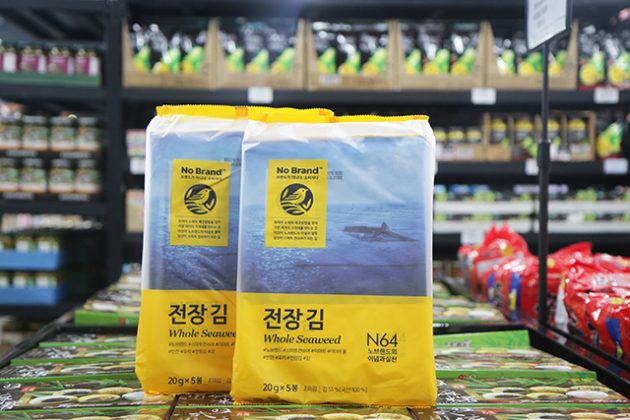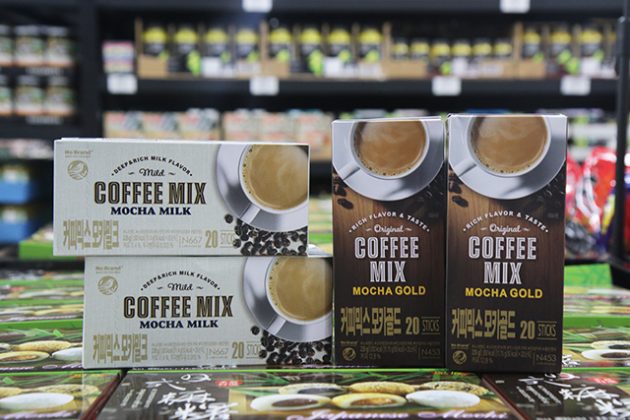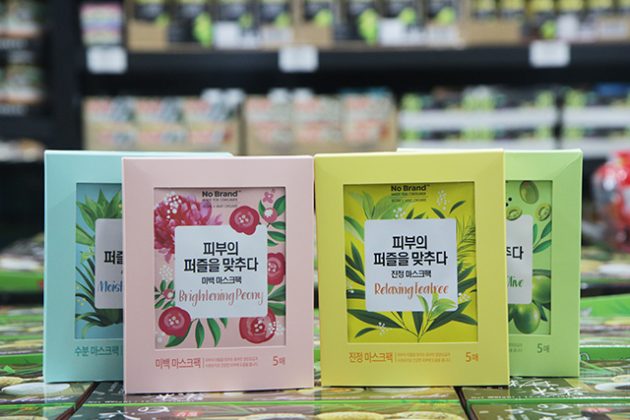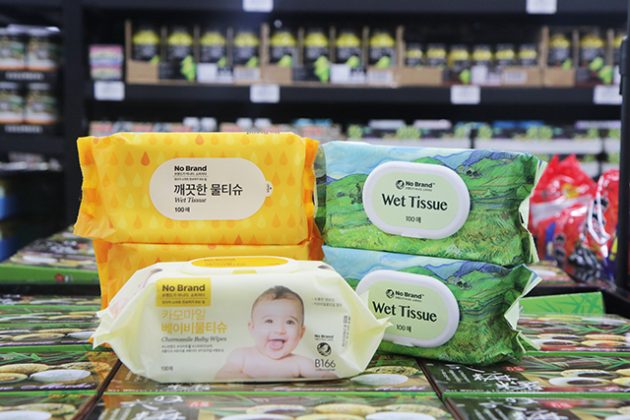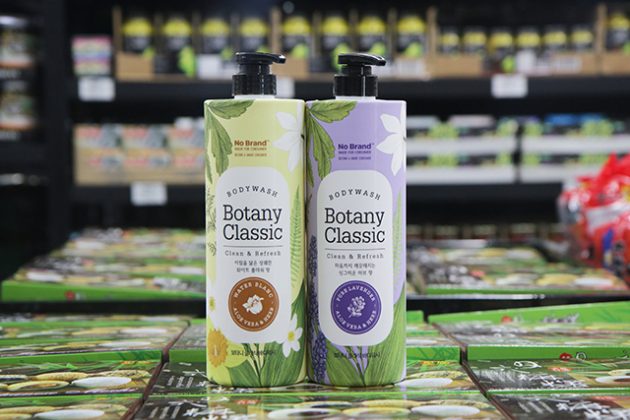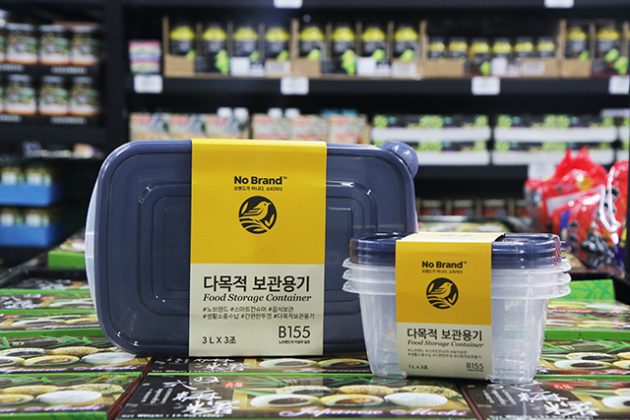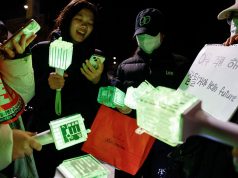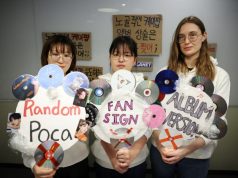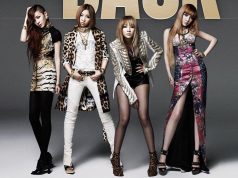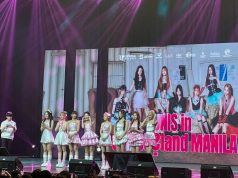(This is a sponsored post.)
From K-pop to K-dramas, Filipinos have loved Korean pop culture since the late 1990s when the so-called Hallyu wave started to gain ground around the world.
According to the Korea Foundation, the Philippines has the highest growth rate of hallyu fans among 113 countries in 2018.
The Hallyu wave is a phrase used to describe the distribution and spread of South Korean cultural products such as food, music and television series to the rest of Asia and to other parts of the world.
Some people attributed the start of Hallyu to the popularity of Korean stars Seo Taiji and Boys in the 1990s, which was also the time when K-pop music was developed.
A study titled “Beyond the Fad: Understanding Hallyu in the Philippines” from the International Journal of Social Science and Humanity showed that hallyu in the Philippines arrived through Korean dramas or what is now known as Koreanovelas in the early 2000s.
Later on, through the theme songs of K-dramas and fan sites, K-pop groups or idols eventually won the hearts of Filipino fans.
This musical genre would then be followed by the launch of Korean brands and restaurants in the country’s shopping malls.
Why do Filipinos love Korean culture?
Relatable Korean series and movies
According to the same study, the relatable stories of K-dramas appeal to Filipinos aside from the good looks of Korean actors and actresses.
“People say that aside from the good-looking actors and actresses that brought charms of the series, the drama’s story line is quite different in such a way that the lead characters both died in the end which is somewhat unusual for Filipinos who got used to happy endings,” the researchers wrote.
In the early 2000s, big TV networks started created remakes of popular Koreanovelas and movies.
The Filipino adaptation of award-winning “Descendants of the Sun” previously gathered mixed reactions from fans. Similarly, the remake of “Miracle in Cell No. 7” is also much-anticipated at the 2019 Metro Manila Film Festival.
Upbeat K-pop music
The remarkable performances of various Korean boy and girl groups known as idol groups attracted a lot of Filipinos even if the songs were sung in a different language.
Once doubted as a fad that will soon disappear, the cultural phenomenon that K-pop brought spilled over from physical albums to merchandise and other products they endorse.
“We tend to buy products our idols are endorsing or using. Korean boy groups and girlgroups who came and held concerts in the country were all packed with Filipino fans and became very successful events,” researchers of the study said.
Korean products and food
Nearly all malls and commercial centers today have Korean stores and restaurants from beauty products, clothes to food products.
Filipino fans of K-dramas and K-pop adapt to buy what their idols or favorite artists use or consume.
“The market also affects the culture in some points such as the moment you buy those KPop CDs or even watch Koreanovelas, you will somehow have this urge to try on things that you saw on TV. Thus doing so can indirectly affect the culture of those involve in the material production,” the study said.
Filipino as smart shoppers
Aside from being endorsed by their favorite Korean stars, the value-for-money factor of Korean products is also a big factor that appealed to Filipino consumers.
Some malls have stores such as No Brand, South Korea’s leading retailer which recently opened in the Philippines, that offer both affordable and high-quality goods.
Smart shoppers are the target market of No Brand, a representative said.
“No Brand’s philosophy of advocating smart shopping is aligned with Robinsons Retail’s mission of providing top quality products at prices customers can well afford. We are excited and proud to partner with them,” said Jody Gadia, a managing director at Robinsons.
Here are No Brand’s popular food products:
Here are its popular non-food products:
Launched in 2015, No Brand now has 258 locations in South Korea and just launched its first store at Robinsons Galleria this November.

